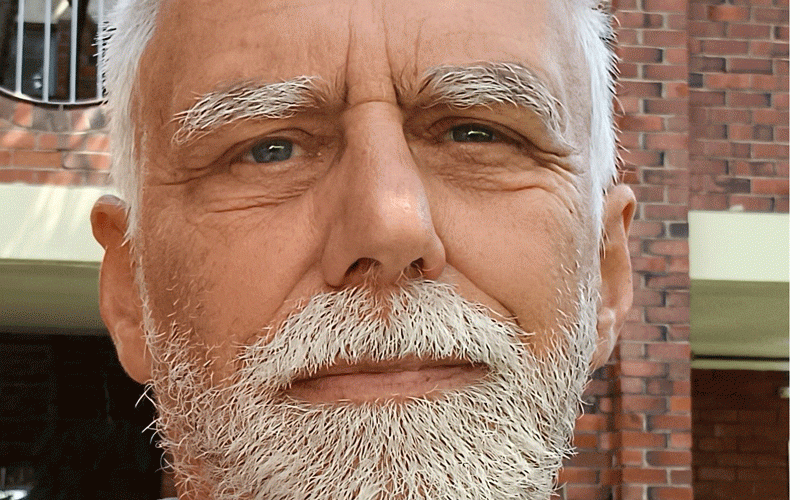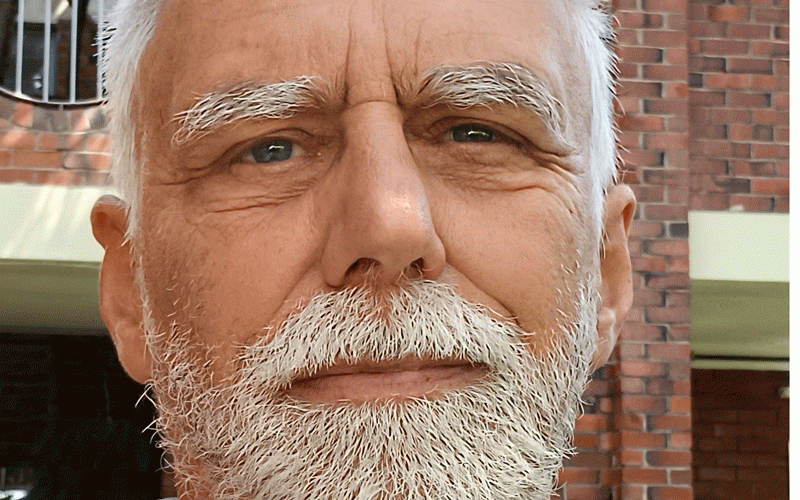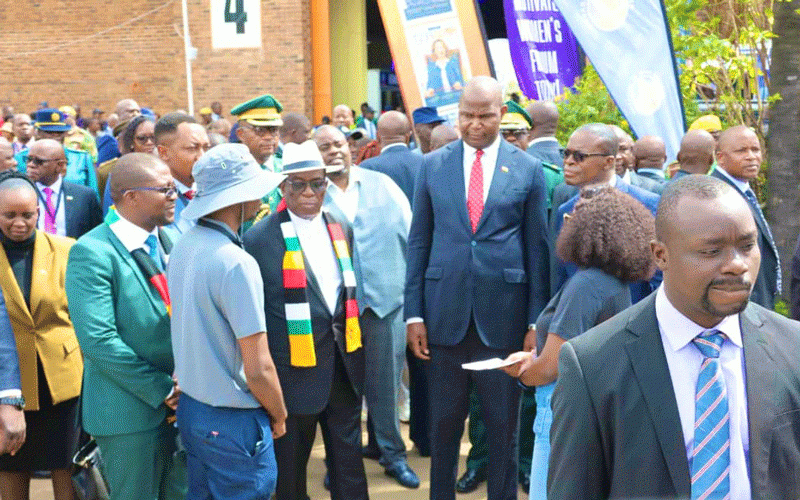
Everyone loves a superhero — especially children! First (though we may not have known him so well) there was Hugo Hercules but then we had Superman, followed at various stages by such superheroes as Batman, Spiderman, the Incredible Hulk, Iron Man, Wonder Woman, Captain America, Wolverine… oh, yes, the list is endless! Heroes all! All with powerful names, all with superpowers such as flight, invisibility, strength, teleportation, X-ray vision, time travel, telepathy. We loved them; we saluted them; we followed their every adventure and challenge.
And then there was Hancock! The 2008 film of that name, starring Will Smith, introduced the world to John Hancock, an amnesiac, alcoholic, reckless superhero filled with incredible superpowers despite his crude, rude, angry failings and an inability to remember his past. His superpowers, specifically flight, invulnerability, and super-strength, were called upon, often reluctantly, to save dire situations. He is not, as Will Smith pointed out, “your average superhero”; he did not fit the standard mould expected of superheroes with superpowers. He struggled with what was expected of him but eventually recognised his responsibilities and acted accordingly.
As parents we may identify more with the flawed Hancock than the perfect Superman as we face the daily grind of parenthood, when every new stage that our child enters appears like a new challenge to our authority and control. Parents are naturally the superhero that everyone (especially children) loves to hate, just as Hancock was, but parents do also have one superpower in particular that can save their children. That superpower is the power to stay “No”.
Let us be clear: “No” is not a swear word. Anne Lamott has said that “’No’ is a complete sentence”. And, ridiculous as it may sound, “No” need not be seen as a negative! Critics (i.e. our children) will claim we are being spoilsports by saying “No” all the time (did we say it is “No all the time”?) but they need to know it is not a sport we are playing nor are we spoiling the action. Touchlines in sport are there, not to spoil the game but to show that the area that will provide most benefit and enjoyment lies within those boundaries. The game would be spoilt if there were no rules.
The reality is (and parents do not always have the superpower of understanding this) that children want boundaries; often they want parents to say “No” because they are not comfortable doing a certain thing with their friends but do not have the strength (or superpower) to say “No” themselves (they are still children, after all). Oh, how good it is for them to be able to declare to their friends that “My dad won’t let me go! Typical! Dads are awful!” (while whispering under their breath “Thanks, Dad”). Saying “No” to our child can give her the excuse and the boundary she wants.
We can, if we want, add emphasis to the word “No” by declaring “No problem” or “No pressure” or even ”No thanks” but “No” it remains. We do not have to apologise for using the word “No” nor do we need to feel guilty, mean or selfish in saying “No”. We have the right (and responsibility) to say “No”. However, it may help if we say “No, because”, followed by a valid explanation.
Yet sadly, contrary to what Elton John sang, “Sorry” does not seem to be the “hardest word” but “No” is. We are all for big “Say ‘No’ To…” campaigns, be it about drugs, racism or domestic violence but we cannot muster any strength or will power to say “No” to our children. Saying “no” to our children may well lead to battles (more of wills than of weapons that superheroes traditionally use) but we can still be the hero. Children want their parents to be that superhero. Will we use our superpower to say “No”? No fear? No thanks? No chance? No way?
The British television series entitled ‘The Vicar of Dibley’ had a character who frequently stuttered his answers with a “No, no, no, no, no, no” before saying “yes”; all too often we as parents come across in the same manner. We do well to let our “No” be “No” (not least as it is easier to say “No” and then change to “Yes”, if absolutely necessary, than to say “Yes” and then say “No”). Any child learning to bat in cricket will be instructed to give a loud, strong, clear, convincing call of “No” to his partner when there is no chance of a run. A half-hearted, uncertain call will only lead to a run out, and indeed encourage the opposition. Parents, use your superpower! Say “No” suitably.
- Silence in the face of injustice is complicity
- UK: Matt Hancock discussed 'deploying' new virus variant to 'frighten the pants off everyone'
- The power of no









